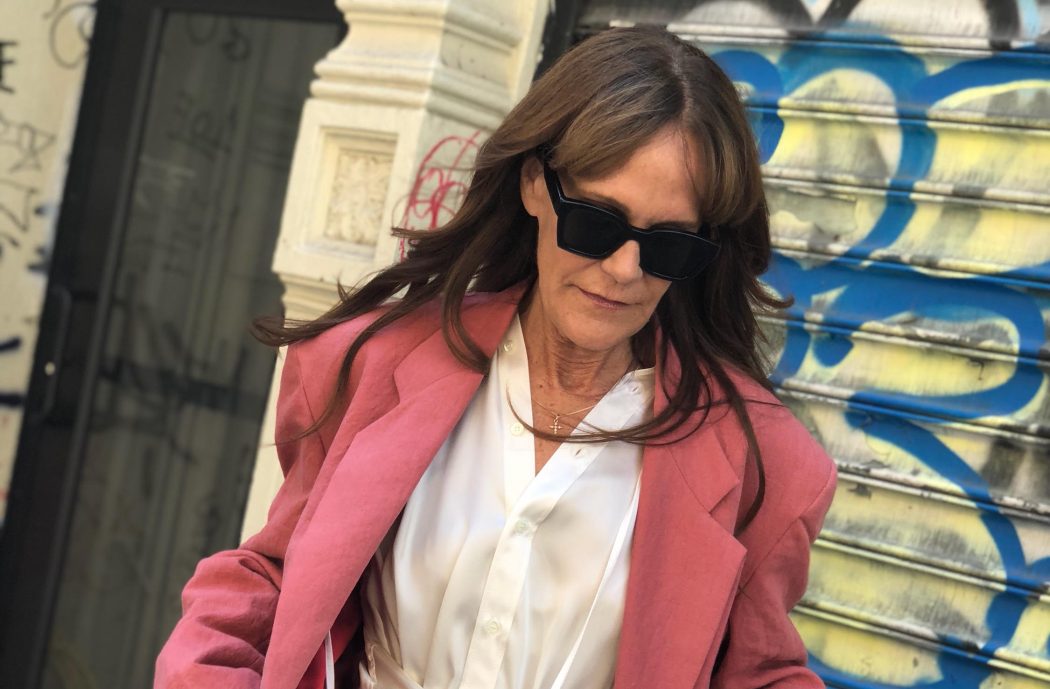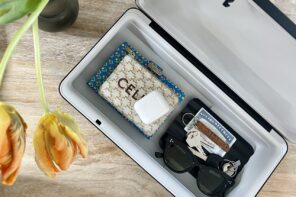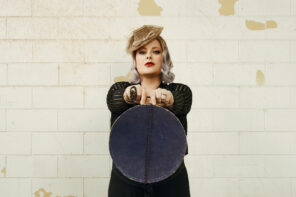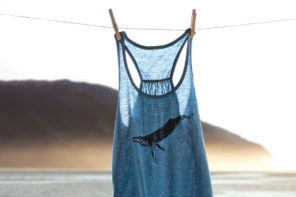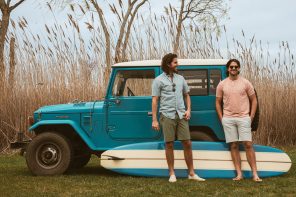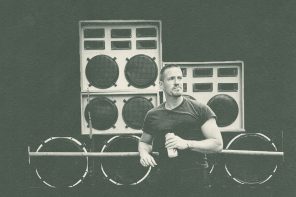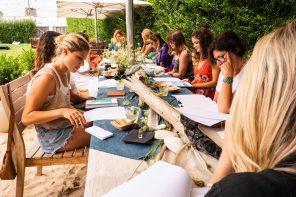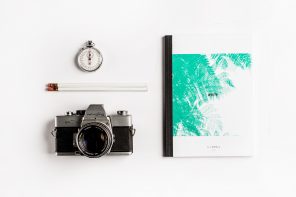AllSwell Creative founder Laura Rubin and Future-Focused Fashion Consultant Julie Gilhart on Making the Fashion Industry Greener
At AllSwell we believe that your life (that thing you’re living right now) is a creative act. It can be as contrarian, adventurous and fulfilling as you choose. We recognize this can be a kind of daunting concept. Naturally, we’re curious about outliers, misfits and renegades—people who have crafted a unique experience that is a reflection of their passions and ideals. We’re talking with some of these rock stars, asking them nosy questions about their creative process, what fuels their various forms of self-expression.
“Expression Session” is a term first coined in 1970 on the North Shore of Oahu at a surfing showcase event without judges, scores, winners or losers. Featuring a select group of the world’s best surfers, the Expression Session was presented as an alternative to the standard surf contest and it seemed like an appropriately anti-establishment name for this series of conversations with risk-takers.
Change-makers sometimes work from the outside in, but often the biggest shifts happen from the inside out. NYC-based Julie Gilhart is the consummate fashion insider and has perhaps done more for changing the industry’s sense of urgency around transforming itself from one of the largest polluters in the world into a conscious industry than anyone else. From her leadership at Barneys New York, championing young talent and sustainable brands, to her work with Outerknown, The Real Real and LVMH as a consultant, Julie never stops looking to the future to inform our present practices. She also happens to be my all-time favorite surf buddy.
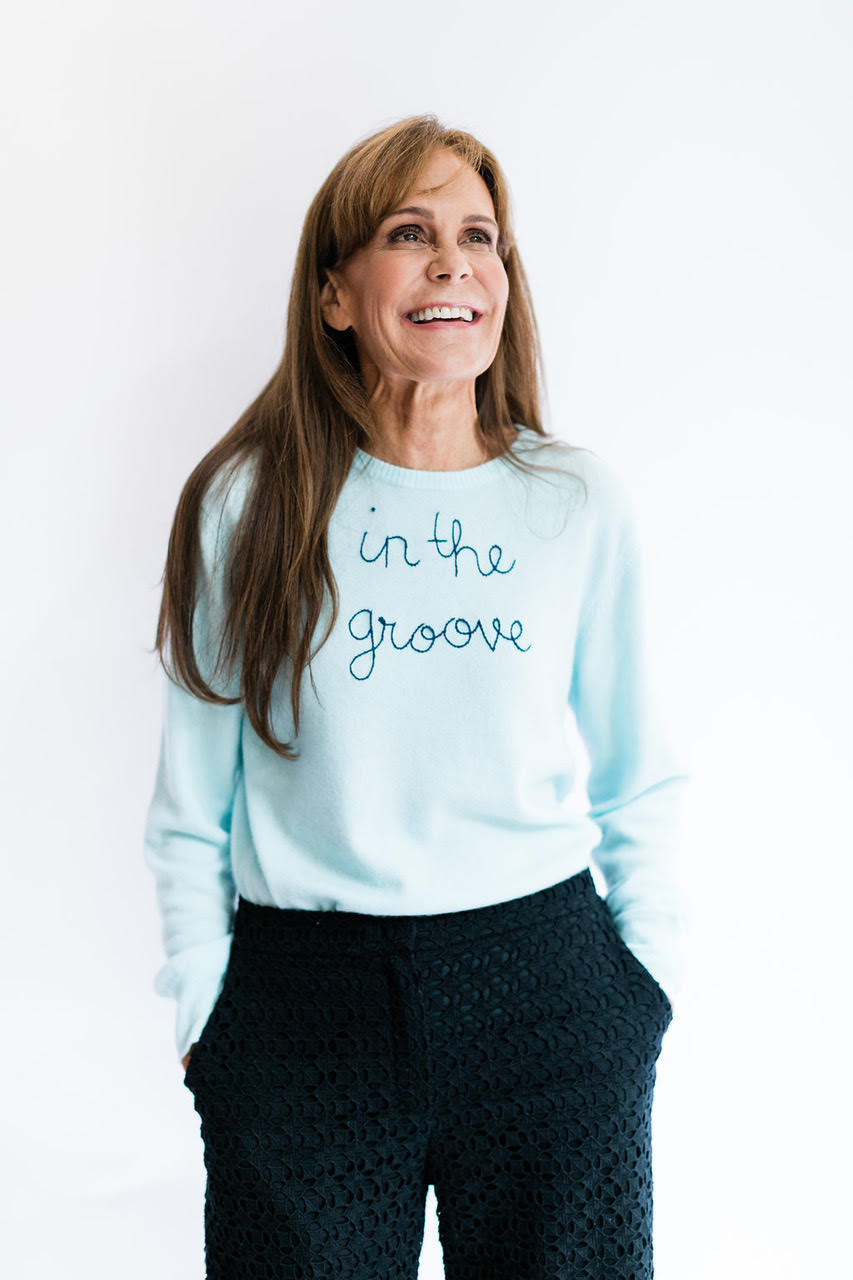
Photo by Yumi Matsuo
Laura Rubin: I’ve been fortunate to share some pretty amazing experiences in, on and near the ocean with you. How has the water, and nature in general, influenced your work in fashion?
Julie Gilhart: Probably the biggest influence my love of nature has played in my work in fashion is the environmental impact it has on the planet. I can no longer look at fashion without thinking of the ramifications it has on our oceans and nature in general. I’m attracted to good design and those that are really doing that work in responsible, ethical ways.
LR: In addition to your work in fashion, you’re extremely active with multiple non-profits. What does that work mean to you? How does it dovetail with your client work?
JG: I love connecting my clients to organizations I care about. It’s a way of making the fashion industry more caring, too. So much of business is focused on bottom-line profits. If somehow those profits can be turned into doing good work, then the whole business makes more sense to me!
LR: One of the many hats you wear is a board member at Parsons School of Design. What’s the most gratifying part of stoking young, creative talent?
JG: The most rewarding part is helping students realize their dreams. They have the ideas but sometimes not the bandwidth or experience to make them happen. Often, it’s just giving them the confidence to continue. I am frequently reminded that I am not the future but they are, and whatever we can do to play our part in supporting that future is good.
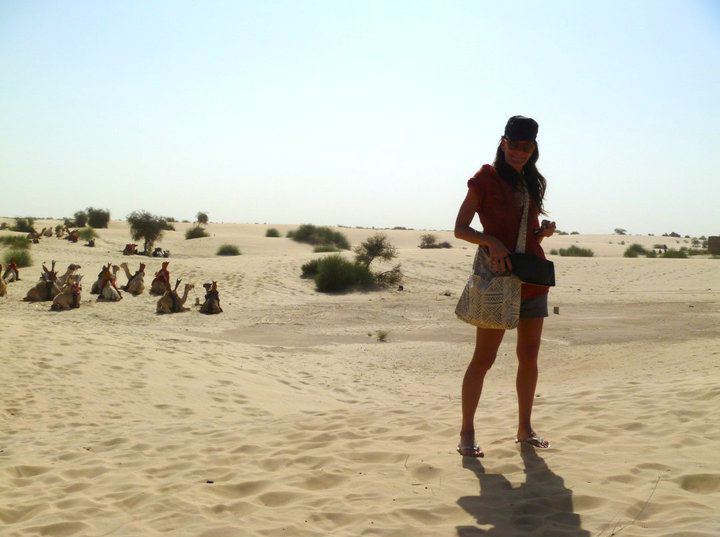
LR: Speaking of being future-focused, sustainability is a top-of-mind topic in fashion right now. You were way ahead of the curve on that, helping to move the whole industry towards this moment. How can your average individual contribute to reducing waste and bettering the environment through their clothing choices?
JG: I truly think it’s about the life-cycle of garment. You buy it, you wear it and then what? One survey found that the average American will toss out 81 pounds of clothing in a year, which amounts to 26 billion pounds of clothing ending up in landfills. I think it’s our responsibility to help solve the problem.
You can buy from more conscious designers who care about the life-cycle. I love brands like Stella McCartney and Outerknown but there are many others, too. There are also plenty of resale sites online like The Real Real. More people are renting clothes. I love the “sharing economy.” It’s a way to save money and conserve at the same time. Al Gore wisely said it’s “An Inconvenient Truth.” We have to do our part more and sometimes it’s not so convenient.
LR: Shifting gears from fashion to analog rituals, how often do you journal? What does the process of putting pen to paper bring to your life? And are there any other practices that are non-negotiables for you?
JG: I journal every day and have been since I could write. It helps take swirling thoughts out of my mind so journaling is quite calming for me. I also meditate every day but the length of time varies.

LR: You have an annual “burning of the journal” bonfire at the end of the summer. I often cite it in AllSwell writing workshops I lead when people mention they’re afraid of someone reading their journal. How did this yearly occurrence come about?
JG: I travel a lot and often have people coming in and out of my apartment while I’m away. I was a little concerned that someone would transgress my privacy and read my journals. Not that I have anything to hide, but I write in my journals without thinking anyone would actually read them and I never throw them out. I was going to Mexico for three weeks to rest and heal an injury and had the idea that I’d pack a big suitcase and go through my journals while I was there. Looking back, I’m not sure what I was thinking, but it sounded good at the time! When I was in Mexico, I met someone who introduced me to a Hawaiian tradition of burning your writing. I was at a point where I was ready to move on from the past, so we built a bonfire and spent the night around the campfire throwing my journals into the fire. It became a yearly tradition for me and is about honoring one’s past but not having to hold on to it. Kind of letting go and letting God.
LR: Love that. I travel a bunch, but you make me look house-bound by comparison. From Mexico to Milan and back, what are some of your best cures for jet lag?
JG: Whoever invents the cure for jet lag should get a Nobel Prize. I think getting on the mealtimes of where you are, even if you aren’t hungry, is good. I think getting a massage the day you land helps and doing some active exercise. Most importantly—not thinking about jet lag!
Al Gore wisely said it’s “An Inconvenient Truth.” We have to do our part more and sometimes it’s not so convenient.
LR: Mind over jet-lag! What’s on the horizon for you that you care to share with us? What’s next for Julie?
JG: If only I could predict the horizons of tomorrow! No matter what is happening personally or in the world-at-large, I feel very positive about the future. I’ll have some exciting news about my business coming soon, for sure, and more surfing!

